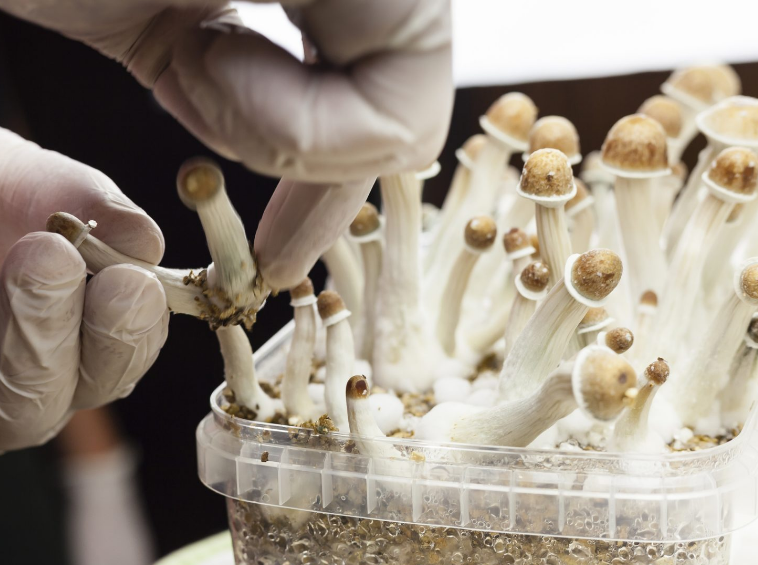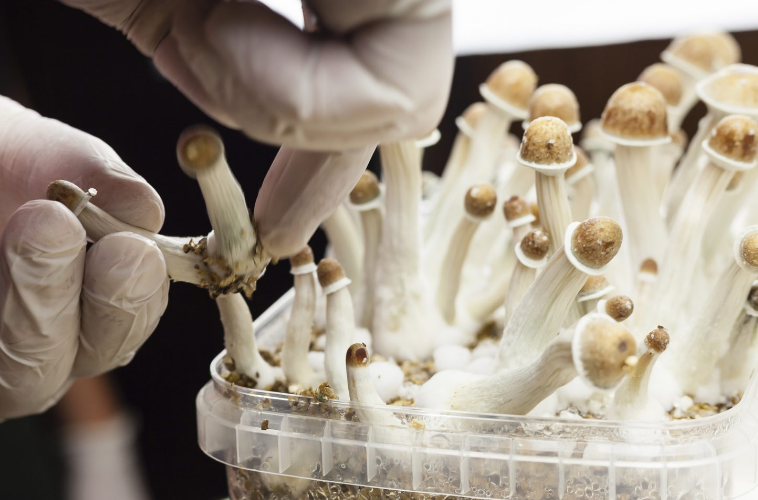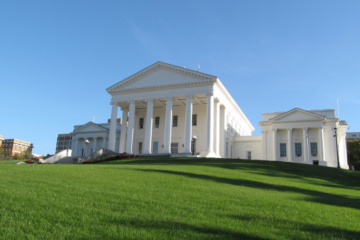Colorado’s psychedelics board just made a bold move that could change how people fight addiction. They voted to recommend adding ibogaine, a powerful plant-based drug, to the state’s regulated healing centers. This step opens doors for new treatments, but it comes with big questions about safety and rules.
The Key Vote and What It Means
The Colorado Natural Medicine Advisory Board voted on Friday to suggest including ibogaine in the state’s licensed healing centers. This recommendation could make ibogaine the next psychedelic substance available for supervised use alongside psilocybin and psilocin. Right now, only those two are allowed in the centers, which started operating earlier this year.
The vote happened during a meeting where board members discussed ibogaine’s potential. Sources from recent reports show the board wants to expand options for adults seeking help with issues like addiction and mental health. Colorado already lets people over 21 possess and grow psychedelics like psilocybin, DMT, mescaline, and ibogaine for personal use, thanks to a 2022 voter law.
But adding it to regulated centers is a bigger deal. It means trained facilitators could guide sessions in safe settings. The board noted there’s still a lot of work ahead, including new rules from state agencies.
One board member highlighted ibogaine’s promise for treating opioid addiction, based on studies from places like Mexico and Canada where it’s used in clinics.

Ibogaine’s Power and Risks Explained
Ibogaine comes from the root bark of a West African shrub. People have used it for centuries in rituals, but modern interest focuses on its ability to reset brain pathways linked to addiction.
Research shows ibogaine can cut withdrawal symptoms and cravings in a single dose, according to a 2023 study by Stanford University researchers. They looked at veterans with PTSD and found over 80% reported lasting improvements after treatment. The study, published in Nature Medicine, involved 30 participants and tracked them for a month.
However, it’s not without dangers. Ibogaine can affect the heart, leading to risks like irregular beats. That’s why experts stress medical supervision.
In Colorado, if approved, centers would need strict protocols, like heart checks before sessions.
Colorado’s move builds on global trends. Countries like Gabon allow it traditionally, and New Zealand classifies it as a prescription drug.
How This Fits Into Colorado’s Psychedelic Push
Colorado voters passed Proposition 122 in 2022, kicking off this era. It decriminalized several psychedelics and set up healing centers for supervised therapy.
The first psilocybin session happened in June at a licensed center, marking a milestone. Now, with ibogaine on the table, the state could lead in addiction treatment.
State officials plan to roll out ibogaine by 2026, if all goes well. This aligns with growing research on psychedelics for mental health.
For example, a 2024 report from the Multidisciplinary Association for Psychedelic Studies showed psychedelics helped reduce depression in 70% of trial participants.
Here’s a quick look at Colorado’s psychedelics timeline:
- 2022: Voters approve decriminalization and healing centers.
- 2024: Licenses issued for psilocybin therapy.
- 2025: Board recommends ibogaine addition.
- 2026: Possible start for ibogaine in centers.
This structure ensures safe access while building on personal use freedoms.
Communities see hope in this. Addiction rates in Colorado mirror national trends, with over 1,000 opioid deaths last year, per state health data.
Challenges and Next Steps Ahead
Not everyone is on board. Some indigenous groups worry about cultural impacts. A July report from a state-mandated indigenous panel urged pausing expansions for substances like ibogaine to respect traditional uses.
Safety is another hurdle. The board admits more training and regulations are needed. “There’s a lot of work to do,” one official said in a recent meeting.
Regulators must balance benefits with risks. Ibogaine isn’t FDA-approved, so Colorado would pioneer its regulated use.
Critics point to heart risks, citing a 2018 review in the Journal of Psychopharmacology that found rare but serious side effects in unsupervised settings.
Still, supporters argue the potential outweighs dangers when done right. Plans include integrating ibogaine into existing centers, with facilitators trained in emergency care.
The recommendation now goes to state agencies for review. Public input will shape final rules.
This could inspire other states. Oregon already has psilocybin centers, but Colorado’s ibogaine push adds a new layer.
As debates heat up, Colorado stands at the forefront of psychedelic reform, aiming to help those battling addiction find new paths to healing.




